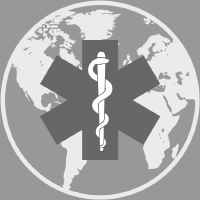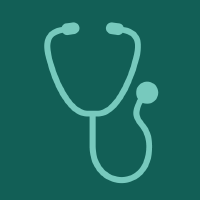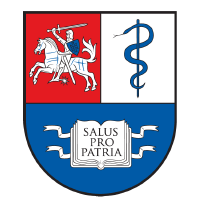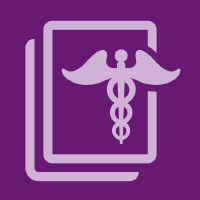Topic Editors


The Imperative of Patient Safety and Safety Culture in Contemporary Healthcare
Topic Information
Dear Colleagues,
In the realm of modern healthcare, patient safety and the fostering of a robust patient safety culture are of paramount importance. These interrelated concepts are crucial to the delivery of high-quality care and are fundamental to achieving optimal healthcare outcomes. Patient safety has a direct and significant impact on health outcomes. When healthcare institutions and practitioners prioritize safety protocols, they effectively mitigate the risks associated with medical errors, adverse events, and preventable harm. This proactive approach not only contributes to reduced mortality rates, but also minimizes complications and decreases the duration of hospital stays. In an era characterized by increasingly complex medical interventions, maintaining an unwavering focus on safety is essential to navigating these intricacies effectively. This is particularly relevant regarding the health and safety of healthcare personnel, which is strongly connected with patient safety. The health of operators is also a priority for patient safety. Moreover, a positive patient safety culture engenders trust between healthcare providers and patients. When patients perceive themselves to be in a safe and caring environment, they are more likely to actively participate in their treatment regimens, adhere to medical advice, and maintain open lines of communication with their healthcare teams. This enhanced patient engagement is pivotal in achieving favorable health outcomes. An emphasis on patient safety and the cultivation of a positive safety culture can yield substantial economic benefits for healthcare systems. Furthermore, this focus contributes to a culture of continuous improvement in healthcare. It encourages the reporting and analysis of errors, near-misses, and adverse events, fostering an open approach to identifying and addressing safety issues. This transparency drives innovation and the development of enhanced practices, ultimately leading to improvements in the overall quality of healthcare. The positive ramifications of a strong safety culture extend to healthcare providers as well. When staff members feel empowered to voice safety concerns and are supported in their efforts to provide safe care, it results in improved morale and enhanced teamwork. Patient safety and the culture of patient safety are not merely desirable attributes of healthcare, but are essential components that underpin the entire healthcare system. Their influence permeates patient outcomes, fosters trust, enhances efficiency, drives continuous improvement, and optimizes the work environment for healthcare providers. As such, these concepts must remain at the forefront of healthcare policy formulation, clinical practice, and medical education to ensure the consistent delivery of high-quality, safe, and effective care for all patients.
Dr. Hana Brborović
Dr. Ognjen Brborovic
Prof. Dr. Reinhard Strametz
Topic Editors
Keywords
- hospital
- patient safety culture
- healthcare delivery
- healthcare quality
- workplace safety
- pandemic
- healthcare professional burnout/stress
- healthcare management
- emergency medical services
- pre-hospital care
- patient safety
- patient experience
- care pathways
- psychological safety
- medical errors
Participating Journals
| Journal Name | Impact Factor | CiteScore | Launched Year | First Decision (median) | APC | |
|---|---|---|---|---|---|---|

International Journal of Environmental Research and Public Health
|
- | 7.3 | 2004 | 24.3 Days | CHF 2500 | Submit |

Journal of Clinical Medicine
|
3.0 | 5.7 | 2012 | 17.3 Days | CHF 2600 | Submit |

Medicina
|
2.4 | 3.3 | 1920 | 17.8 Days | CHF 2200 | Submit |

Hospitals
|
- | - | 2024 | 15.0 days * | CHF 1000 | Submit |

Healthcare
|
2.4 | 3.5 | 2013 | 20.5 Days | CHF 2700 | Submit |
* Median value for all MDPI journals in the first half of 2024.

MDPI Topics is cooperating with Preprints.org and has built a direct connection between MDPI journals and Preprints.org. Authors are encouraged to enjoy the benefits by posting a preprint at Preprints.org prior to publication:
- Immediately share your ideas ahead of publication and establish your research priority;
- Protect your idea from being stolen with this time-stamped preprint article;
- Enhance the exposure and impact of your research;
- Receive feedback from your peers in advance;
- Have it indexed in Web of Science (Preprint Citation Index), Google Scholar, Crossref, SHARE, PrePubMed, Scilit and Europe PMC.

